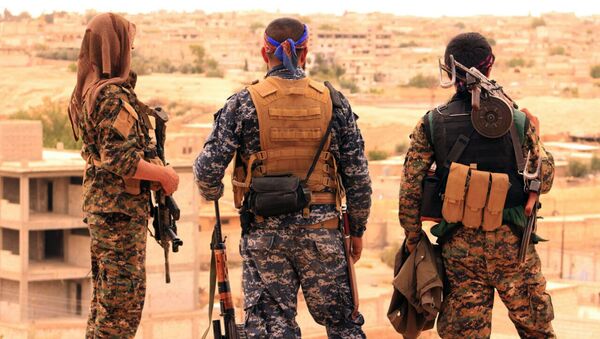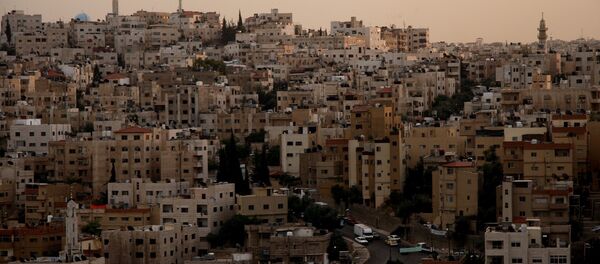"We see some positive shifts [in Syria] as the agreements reached back in May in Astana to set up a few de-escalation zones are being implemented," Lavrov told reporters alongside his Belgian counterpart.
He said the southwest de-escalation zone that has been formed with Russian, US and Jordanian military and diplomatic efforts "helped decrease the level of violence in the area."
"The ceasefire has more or less held since July 10 and we hope that this trend will continue," Lavrov said.
Russia hopes that international negotiations on three remaining de-escalation zones in Syria would continue in Kazakhstan next month, Lavrov added.
"We hope that this work will be concluded by the next meeting in August," he told reporters at a joint press conference with his Belgian counterpart in Brussels, noting that "there is still some work to be done."
Lavrov stressed that both Moscow and Brussels supported the political process of the Syrian conflict settlement.
"We note that the efforts within the framework of the Astana [peace talks] have contributed to providing additional, yet not very noticeable, but positive impetus," Lavrov added.
Negotiations on Syrian settlement take place on two parallel platforms: UN-mediated Geneva talks, and Astana talks that are brokered by Russia, Turkey and Iran. The latest Astana negotiations were held on July 4-5, whereas the seventh round of Geneva talks kicked off on Monday.
The Syrian civil war has been raging for six years, with government forces fighting against both Syrian opposition groups who strive to overthrow President Bashar Assad, and numerous extremist and terrorist groups such as IS and Jabhat Fatah al Sham, both of which are outlawed in Russia.


